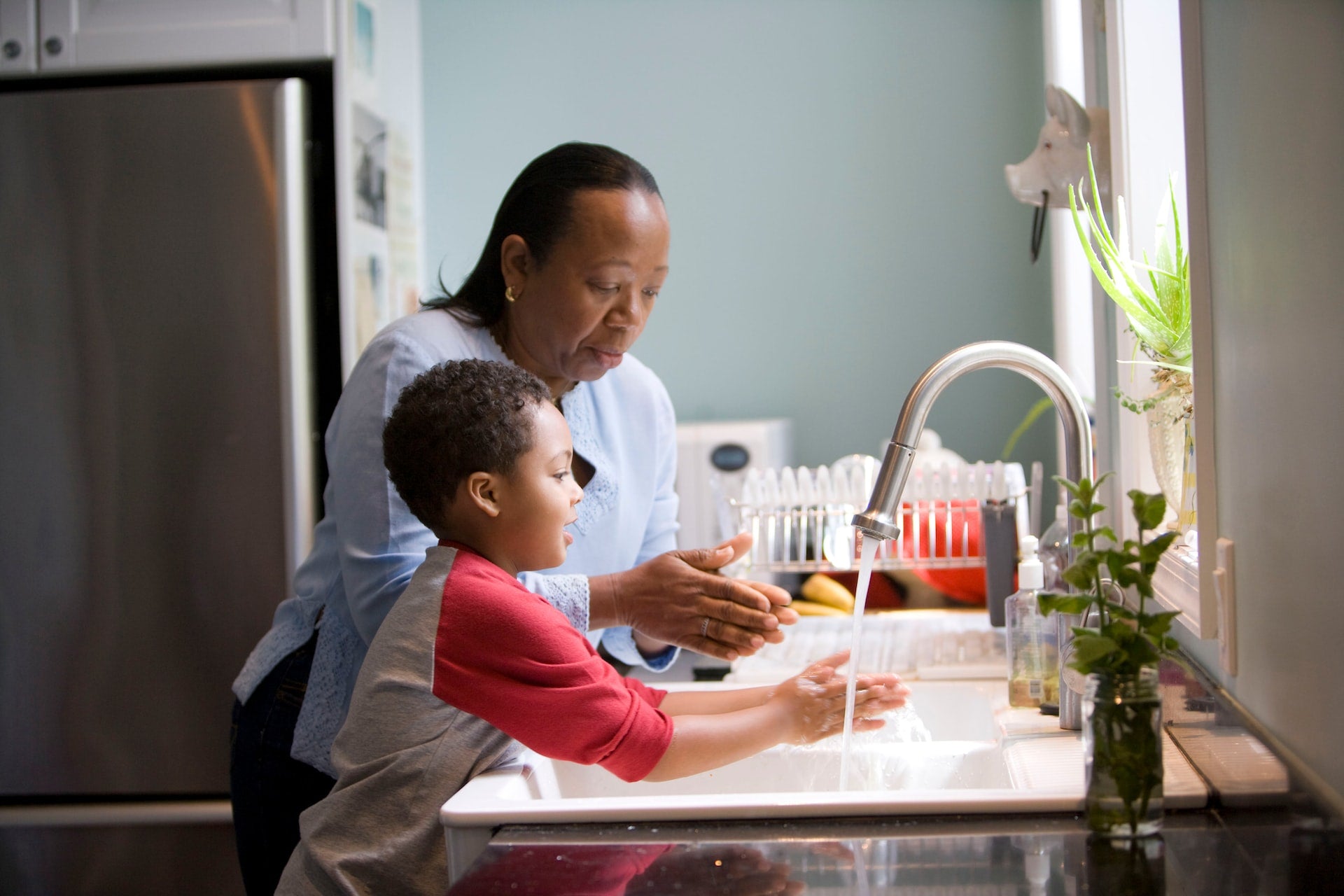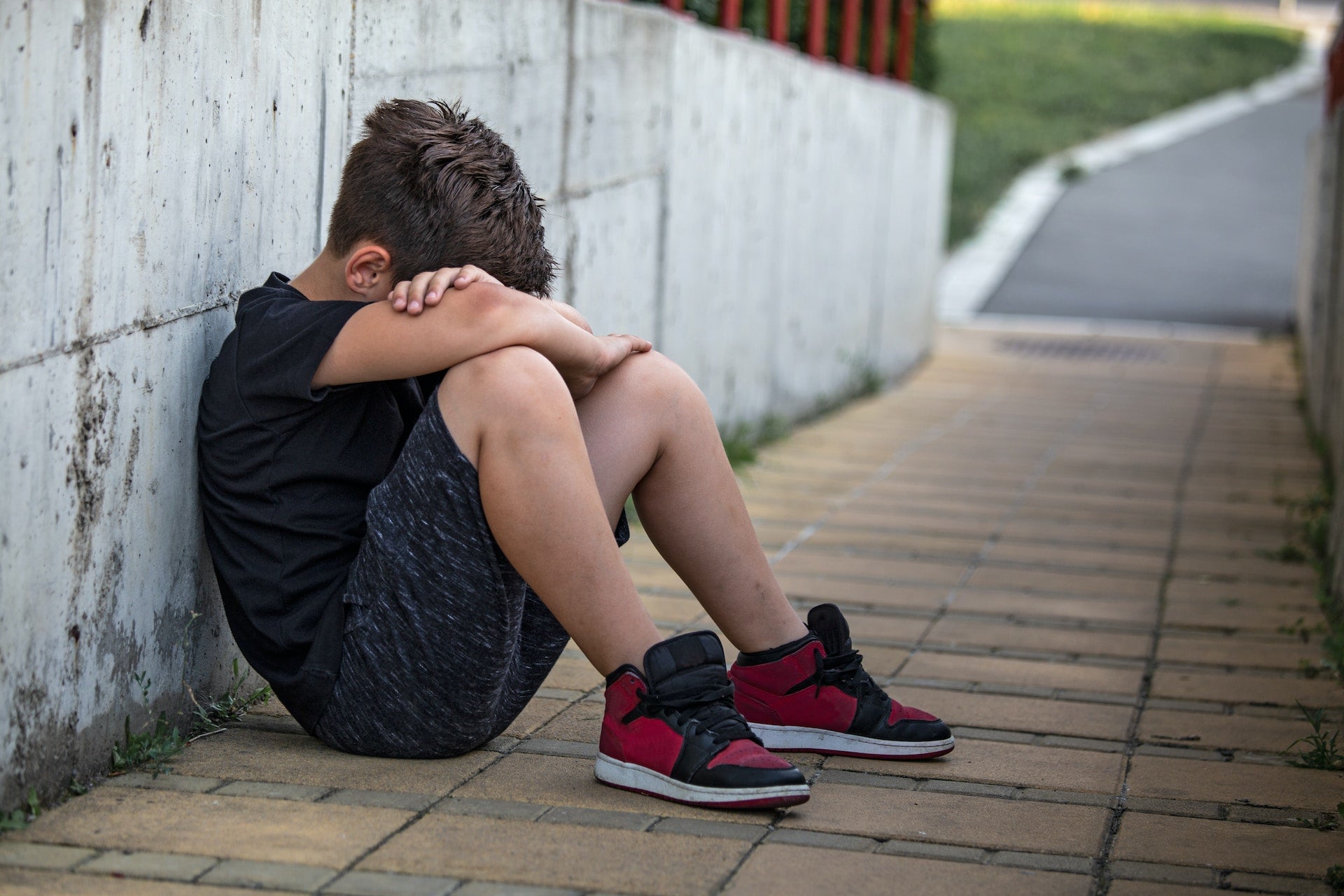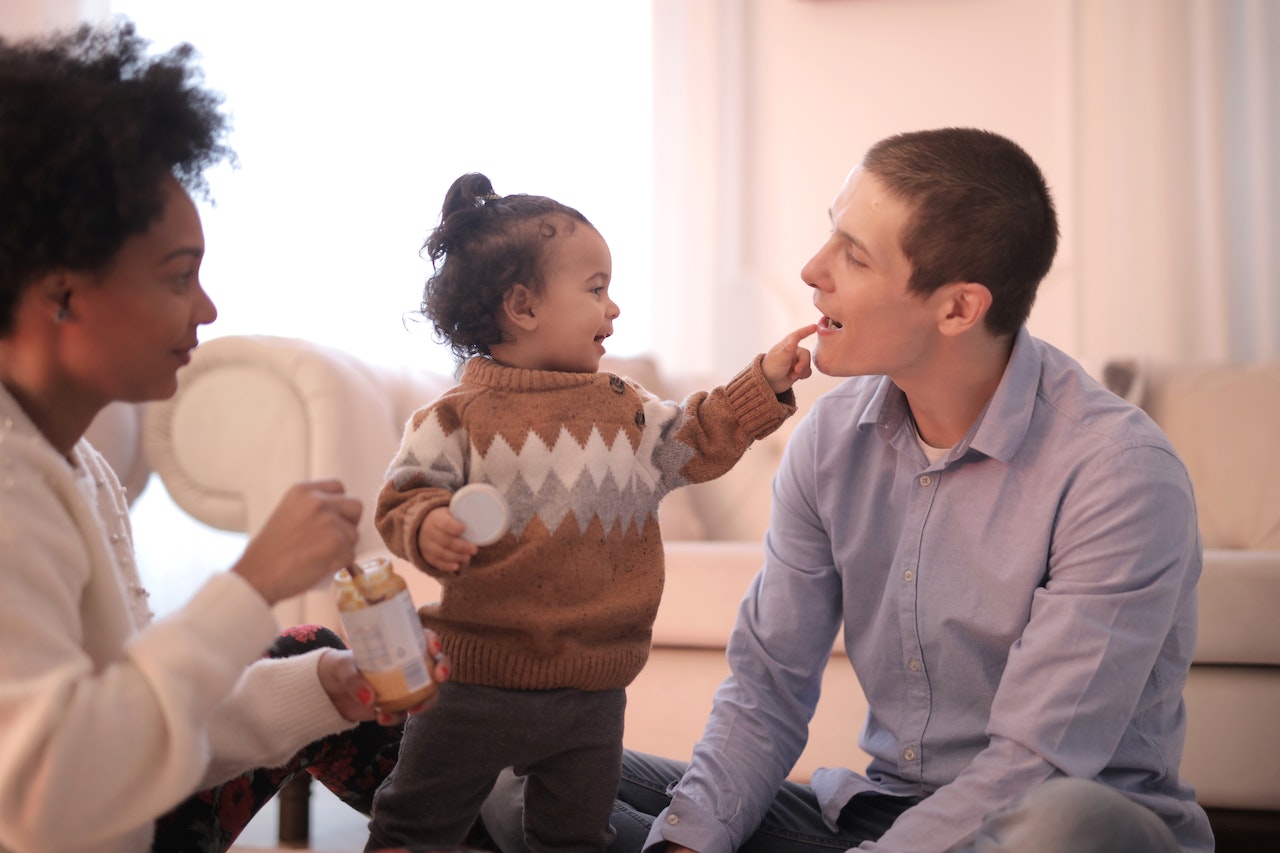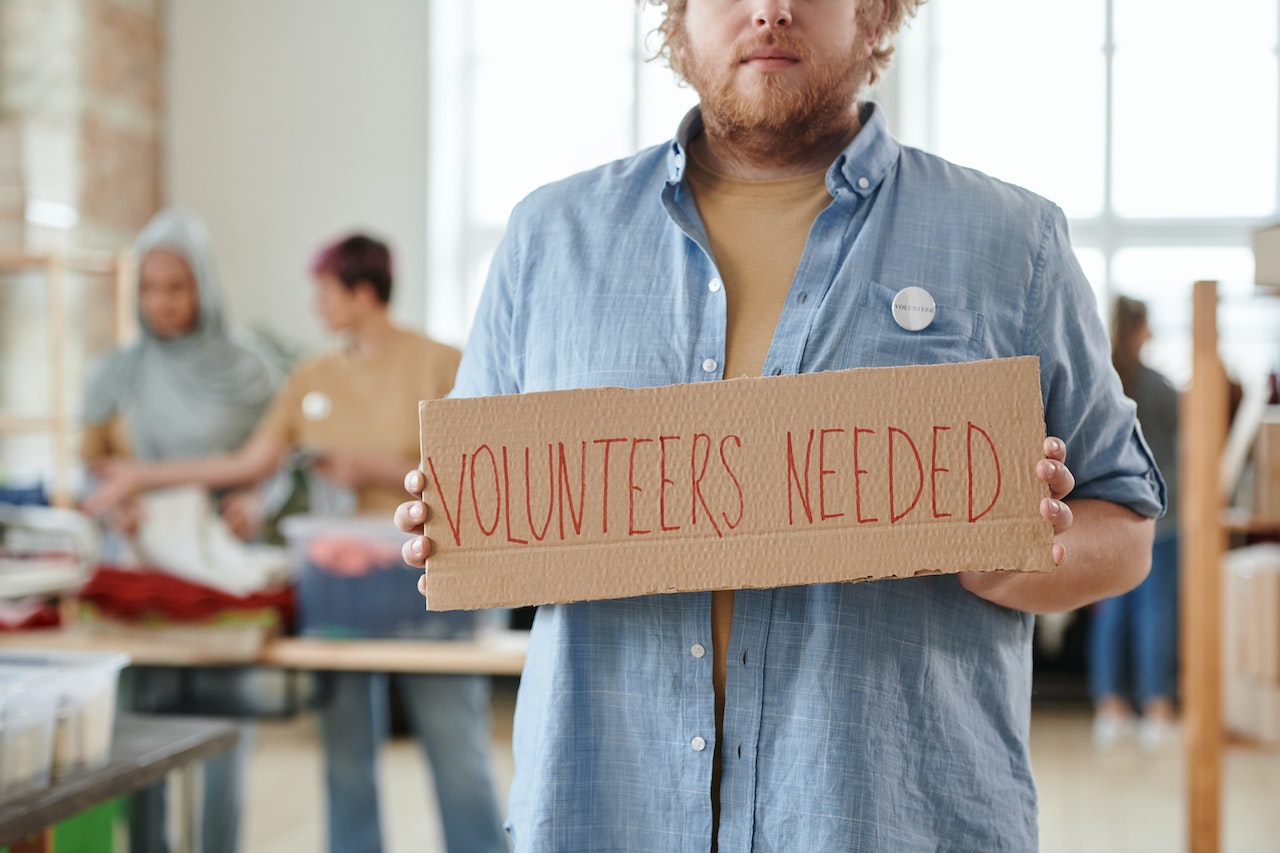Many heads of households operate under a state of uncertainty as to whether they can supply their families with basic necessities, including products related to personal care. And that scenario is an emotionally-taxing situation to be in for various reasons.
In a 2022 report from The Hygiene Bank, three in five (or 61%) of people said hygiene poverty had a negative impact on their mental health. These individuals went on to cite feelings of anxiousness, depression, and embarrassment as products of struggling with to gain access to personal care items.
Let’s dig a little deeper into each of these emotions and how they impact overall mental health.
Anxiety Over How to Fulfill Basic Household Needs
An inability to afford basic household necessities can create a lot of worry among heads of households. Feeding America research shows that 47% of low-income households worry often or almost all the time about whether they’ll be able to meet their children’s needs. (Compare that to only 15% of higher-income households.)
This stress can naturally funnel into anxiousness as parents try to seek alternative ways to access basic essentials. While a meaningful coping strategy, the idea of having to ask to borrow personal care items from other people can add on to the anxiety they feel.
As one respondent from the Feeding America research put it: “People knowing that we don’t have things — like having to bum them, that’s degrading.”
Higher Depression Scores Triggered by Financial Strain
In one Journal of Financial Therapy study, researchers investigated the implications of stress responses to financial strain on mental health. What they found was that those individuals who were more stressed by their economic circumstances were more likely to have higher depression scores.
For low-income families who have to debate between paying for rent and paying for basic essentials like toothpaste and shampoo, the economic situation is a dire one that creates this ever-present burden. In this state, the heads of households are more apt to feel stressed and concerned over their parenting abilities, feelings that can translate into higher depression scores.
A respondent’s feedback in the The Hygiene Bank report brings these raw low-income emotions to the surface: “I feel really depressed. I feel worthless, I can’t prepare for a job. I don’t think I will ever be able to get out, or have confidence to get back to normal life.”
Embarrassment Over What Other People May Think
When low-income families have to ask to borrow personal care products from family and friends, the anxiety they feel can evolve into shame. Heads of households can be consumed by other people’s opinions, fearing that their inability to provide basic needs for their families will paint them in a negative light.
Per the Feeding America research, 40% of low-income households (and one third of higher-income households) expressed concern over the fact that this struggle would make others “think I’m not a good parent” or “think we are not a respectable family.”
While these feelings of embarrassment can cause emotional distress in various aspects of our lives, they can also prevent families from reaching out for help in the first place. Noting asking for help as a last resort, two in five Hygiene Bank research participants said they felt judged for going without basic toiletries. Of these participants, four out of five said this feeling of judgment stopped them from reaching out for necessary support.
How These Emotions Can Lead to a More Isolated State
Anxiety, depression, and embarrassment all carry their own heavy weight on one’s mental health. But one of the shared impacts of these struggles is they often cause people to turn inward versus outward.
One of the participants in The Hygiene Bank research alluded to this: “I used to go out and see my friends, but I got anxiety about the way I looked and smelt, so I became a recluse. I was so upset that my life had changed.”
While self isolation can be a symptom of mental health issues, it’s also a cause. When hygiene poverty puts people in a state where they want to close themselves off from others out of fear and shame, self isolation can make individuals feel a greater sense of abandonment and loneliness. This can compound those negative thoughts and feelings.
Together, We Can Break Down the Barriers in Hygiene Poverty
At Provision Promise, we’re proud to raise funds to help give low-income families in hygiene poverty access to essential personal care items through their local food banks, from toothpaste and deodorant to bath soap and shampoo.
Through convenient access to these support services and basic household essentials, our goal is to help low-income families overcome barriers in their mental health and pave a brighter path for the future.









Leave a comment